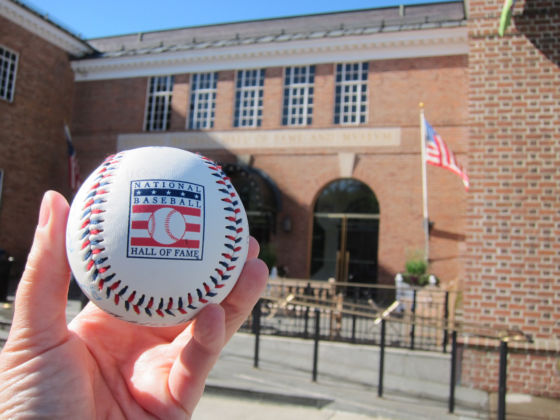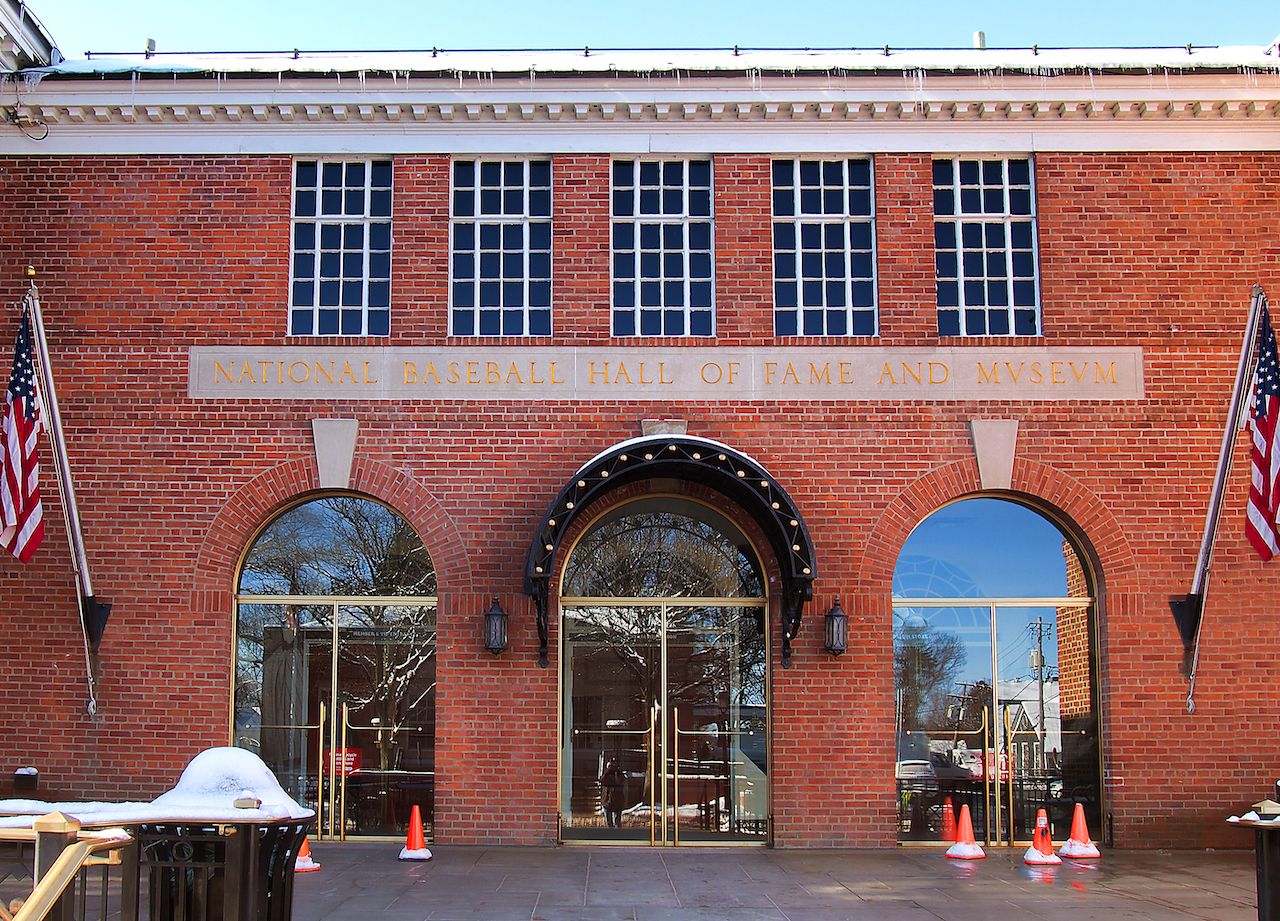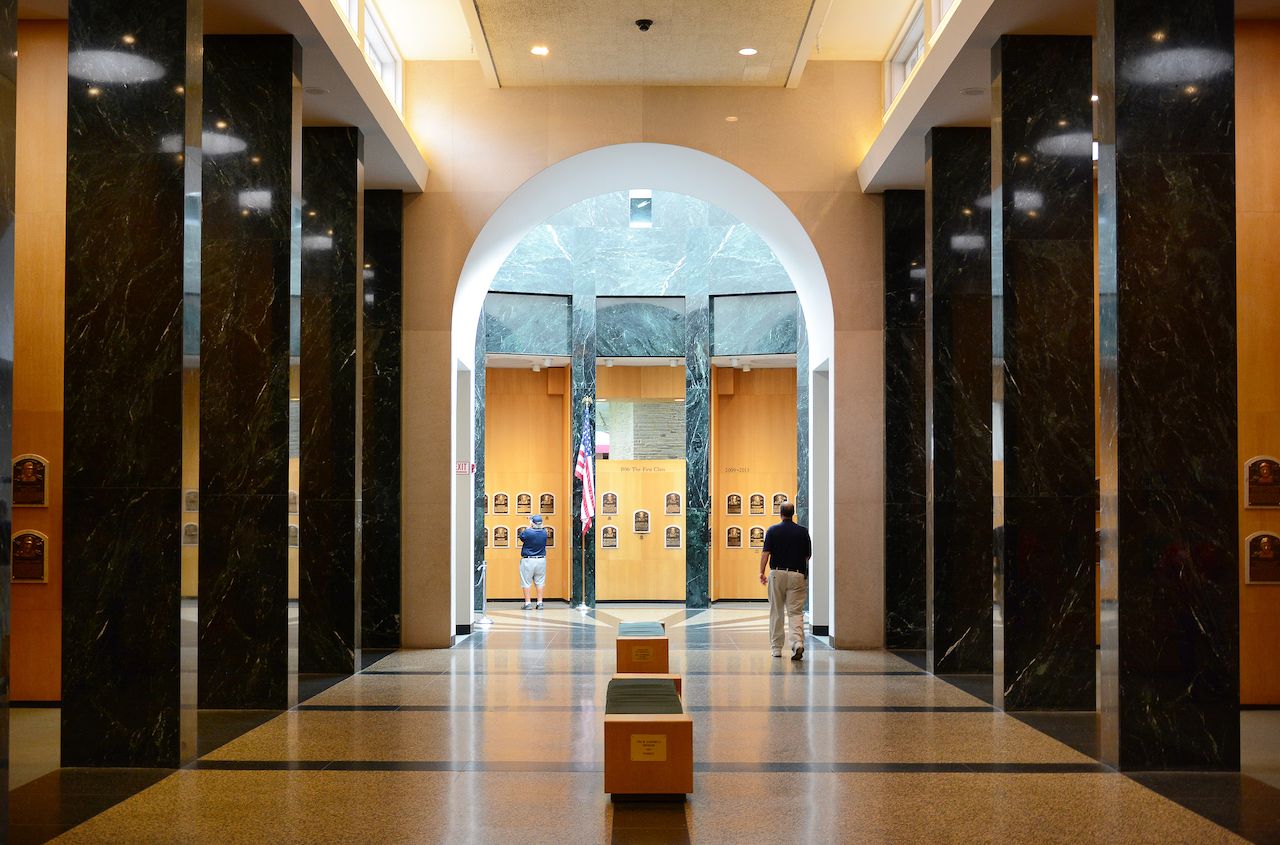There are a painful number of clichés about “home.” Home is where the heart is. Home is where your stuff is. You can never go home again. I’ve never found any of them to be particularly true.
Home, I think, is where your memories are. The highly filtered memories of an easier, simpler time you wish you could go back to when adult life seems just a little too…adult. Home isn’t necessarily a place, but an era. And is as much the people who surrounded you and the things you did than anything tangible.


